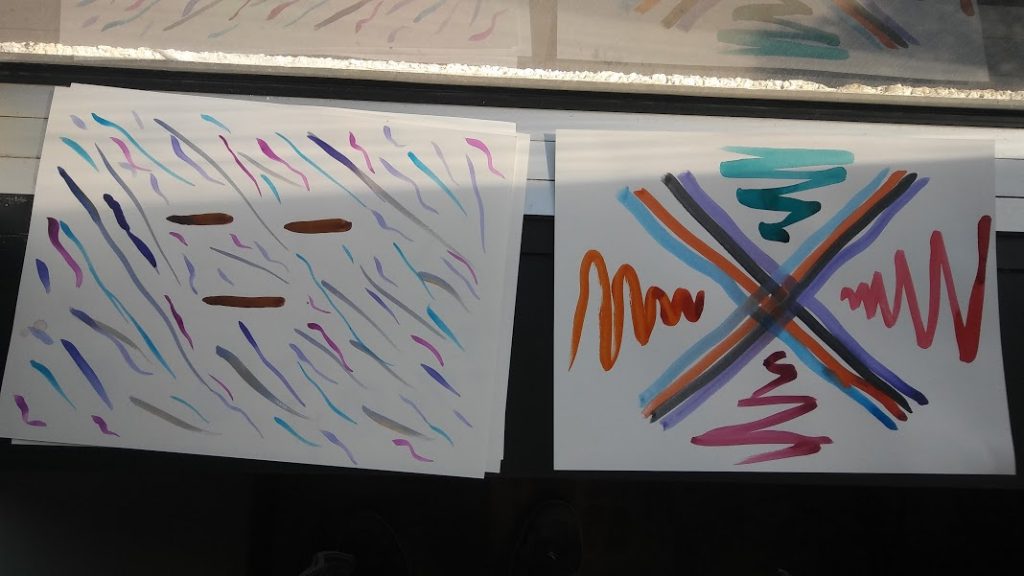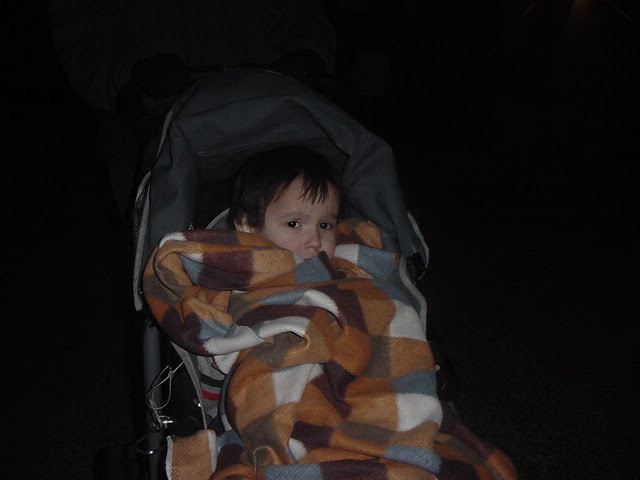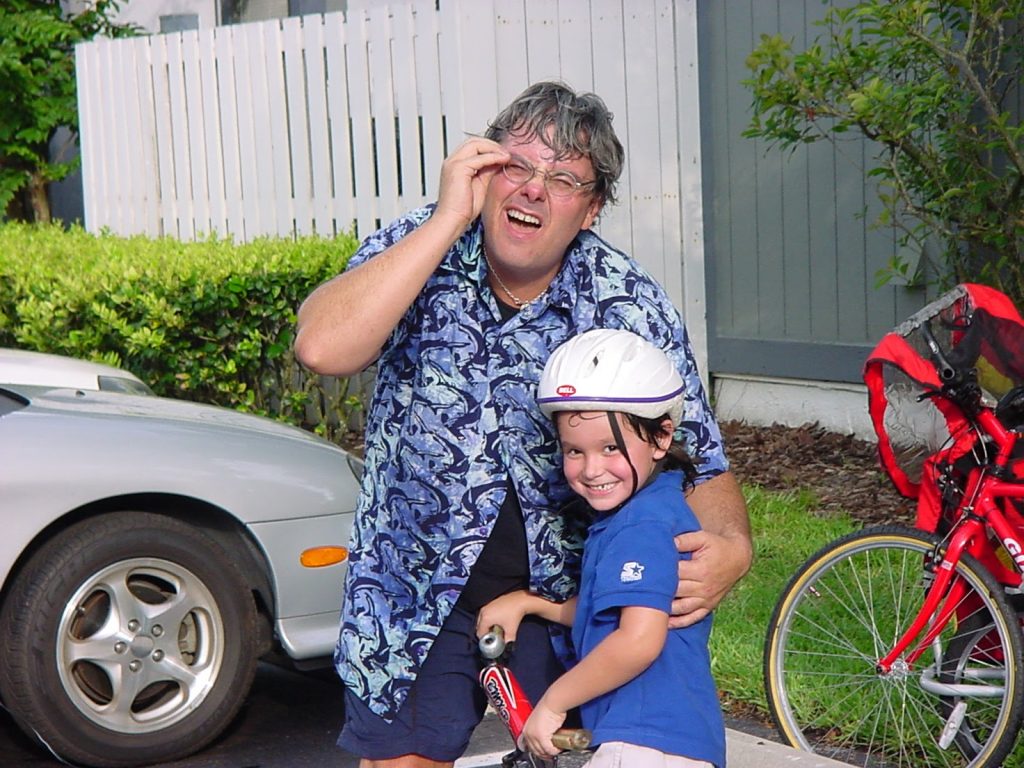I had been here before. This is the law office where my wife and I are negotiating the specifics of our divorce. Helen sits across from me. She is looking in my direction, beyond me.
“Is there a reason you decided to dress like you were receiving your diagnosis for diabetes?” I say, the first time.
“Is there a reason you decided to wear that smug look on your fucking face?” She says, probably the ninth time. It doesn’t have the same warmth that it used to.
We are only in the same room as a matter of convenience while we wait for our attorneys to arrive. If we had both arrived on time, this wouldn’t be happening, but we both arrive early in the hopes that we can get this over with. We are both wrong.
I shuffle through my papers, as if to look like I know what I’m doing. She browses her phone. We’re both frightened and curious as to what the other plans to do. I want what’s best for us. I don’t know what she wants. The door opens.
Helen is sitting across from me, avoiding eye contact.
“Do you think we’ll still talk afterwards or will it be mostly passive aggressive text messages?” I say. But Helen wasn’t game for anything more than another round of insults. She was always harsh like that. It wouldn’t be much longer. Today we’d finalize the divorce.
I probably won’t ever see her again. The door opens.
“Do you?” I say, and she almost looks confused, but she doesn’t acknowledge me. That was the source of a lot of our fights. I’d try to talk, she’d ignore me, and then it would get worse from there.
We’re silent together in the room for another five minutes. The door opens.
It’s like I am waking up from a dream. Helen is sitting across from me. It’s just her and I, again. I am scared. Helen sees this, and I don’t know if it’s concern or sadism in her eyes. Either way, I understand where she’s coming from.
“Is this happening to you?” I ask. She doesn’t answer, probably thinking I’m talking about the divorce. I frame most of my insults in the form of questions, and that bites me on the ass.
“Helen, I’m not trying to fight with you. Is this the first time that this is happening? You and I, in this room, I mean. ” I say. My voice is shaky. Helen’s jugular tightens. She doesn’t break eye contact with her phone.
“Fuck off, Cecil.” She says.
“Is there any particular reason that you decided to-” The door opens.
“-be such a…” It’s like I stepped down a staircase when I didn’t know one was there. The room is hazy and moving like water down a drain.
I am angry. She is browsing her phone. Her frigid head floating gently above her shoulders. Her hair is refracting light and tainting it blackly. The door is thick and shut tight, but I hear the same somethings that I’ve heard every other time through.
I leave my seat. I am close to the door. I can feel the handle. I twist it to my will. The door opens.
I’m sitting across from Helen. The world feels flat and dull. This room seems to fit in perfectly. Helen is a snowy mountain beset upon a sea of misty darkness. She is every pain to me. She is all I have.
“You mean nothing to me.” I say. She captures droplets of moisture in the air with her hair and they freeze like black snowflakes on dry ice.
“Cecil, be honest.” She says. The door opens.
“I love you.” I say. For a moment, I can see her color and her shape coalescing into some measure of a lifeline until:
“Cecil, be honest.” She says. The door opens.
What a colossal bitch she is. I spend the next time around fantasizing about ripping her head off. The door opens. I make a concerted effort to rip my own head off, only to pull out a chunk of my hair. Helen looks on in bewildered amusement. The door opens. I walk back and forth from one end of the room to the other. I firmly press my hand against the nuevo-textured wall in an attempt to filter out my testosterone. She doesn’t see that the vessel that runs across the back of my hand is straining not to pop. I look for the words to solve the problems that we share. The door opens. I fail.
“What do I need to say to you?” I reach.
“There isn’t anything you could say that’d set this right if that’s what you’re asking.” I make contact!? And then Helen returns to browsing her phone.
“Then what’s the point in us talking at all?” I say.
“Exactly.” She says.
“Helen, the fact of the matter is that there’s something here. It’s harsh, and I hate it, but I can’t keep sitting across from you knowing that this table might as well be the fucking vacuum of space for as close as we’re gonna get.”
“Then it’s a good thing that this is the last time that we ever have to see each other.” She says. I rub my eyes. I rub my temples. The door opens.
It isn’t. I’m still seeing her. She isn’t the same. The colors in her coat and face are washed out from one cycle too many. I see where a bruise used to rest across her icy cheek. I see the tanlines on her ring finger that seemed to be the only evidence that we ever might have loved one another.
Helen is sitting across from me, but I miss her. Not the way she was at her best nearly as much as any conceivable shape of her. I miss her on our first date; throwing up off the side of the tilt-a-whirl like the world’s most horrifying sprinkler system. I miss her accidentally waking me up as she left for work. I miss talking to her without it being diplomatic warfare.
At this point, I am daydreaming about the possibility of me having to explain why the toilet isn’t going to work anymore, I would be thrilled to tell her that I ran over her cat pulling out of our driveway, but I would settle for a conversation as I walk in on her and Pierre viciously fucking on the ottoman that we compromised on.
In my heart, she is not my enemy. She is just somebody I haven’t forgiven. The door opens.
I’m looking at her. Her face is an anti-chromatic refrigerator. Her hair forms stalactites of black ice. The depth is lost from the room. We feel close in that way, I think. I wonder who will stab first.
“Why?” I say. Quiet.
“Why are you divorcing me?” I say, and she is gracious enough to leave me a silence.
“It’s just important for me to know exactly why, I think. You’re not looking at me, and that’s okay… But it’s really important for me to know why we’re here. And why you filed these fucking papers. And why we can’t see each other again.” I say.
“You weren’t the best wife. And I’m not a good husband. Hell, I’m not even a good man… And we weren’t ‘better together’ but… Why?” I ask, and she sees me right in my eyes. The room shivers. Helen is standing, and our faces could touch if our shoes weren’t quite so frozen to the floor.
“I mean, pretty much all of those things you just said.” Helen says. Tearing me down, just like we used to.
“What? Just because we’re not perfect doesn’t mean we can’t love each other!” I yell, just like we used to, and I can feel that soon the door is going to open and it’s all going to start again. So I jam the door shut with my body.
“This isn’t okay! This can’t be all there-”
“Cecil.” Helen interrupts me.
“I cheated on you. And you beat the shit out of me. It doesn’t take a divorce filing to figure out that one way or another, we were going to end up separate.” Helen says.
My shoulders loosen. I look into Helen and my eyes well up. There’s a knock from behind the door.
“For what it’s worth, I think that with time that you might be a good man, but I will never see you that way again.” Helen says.
“I’m sorry.” I say.
“It’s okay.” Helen says.
“Not just for today, for…”
“It’s okay.” Helen is there for me. The cold tendrils of ice melt dry like we used to when we were in love.
“Are you ready to let them in?” Helen asks. I feel the brown light from her hair catch me. I’m stuck in its embrace.
“Just a minute.” I say.
Drifting coarsely on the breezelines of the past.
“Just a minute.” I say.
If only to make this moment last.



